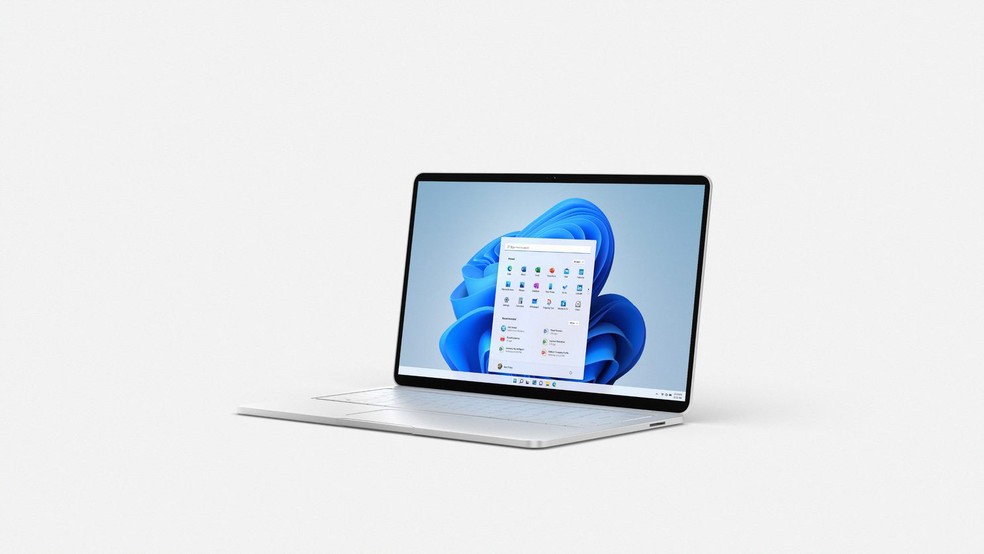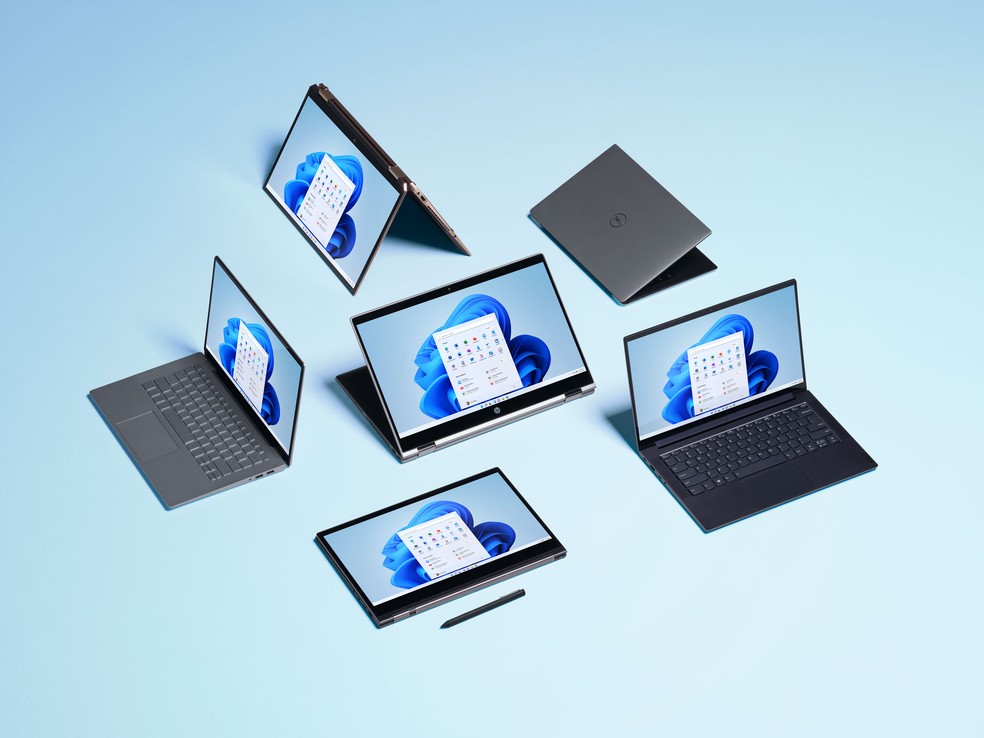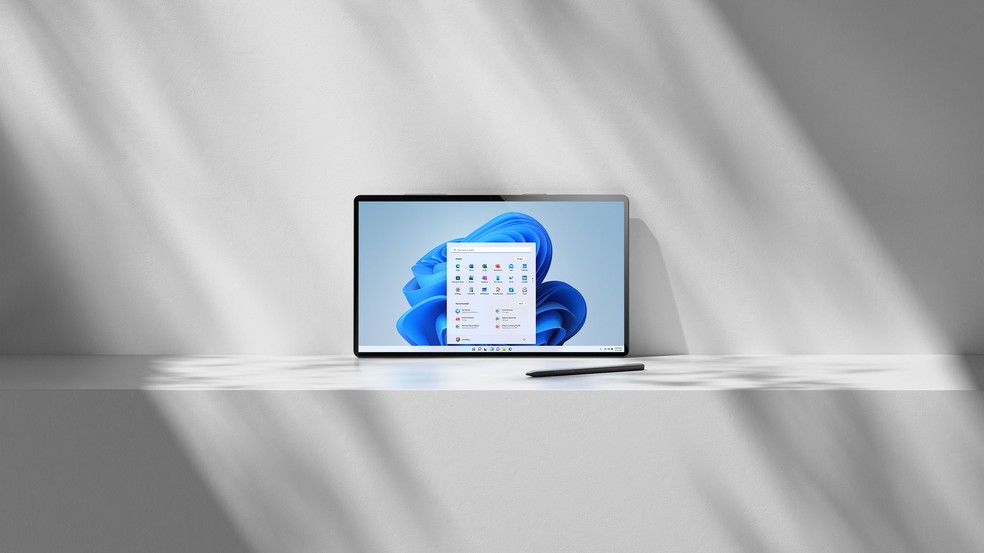Windows 11 will be released next Tuesday (5) by Microsoft. Following previous editions, the system will be offered in versions Home, aimed at home users, and Pro, aimed at professional environments, companies, or more demanding users.
Suitable for common day-to-day use, Windows 11 Home lags behind in terms of security and virtual machines. The Pro edition, on the other hand, offers BitLocker encryption for data protection, enhanced virtualization, and stands out for compatibility with powerful hardware. Below, Techidence explains in detail the differences between the editions for you to find out which Windows fits best into your routine.
Initial setup
The Pro version of Windows 11 has an important particularity regarding the installation process: unlike the Home package, the Pro version can be configured offline and without a Microsoft account, only with local users. Although the difference exists only to meet the needs of corporate customers on systems that do not access the Internet, it may prove relevant for home users interested in more privacy.

In Windows 11 Home, when setting up the installation for the first time, the consumer is required to keep the computer connected to the Internet and use a Microsoft account in the process. With this, the Windows manufacturer has access to telemetry usage data from the computer, a discussion that has been sensitive since the arrival of Windows 10. Free of charge, the system introduced a number of mechanisms for collecting user information.
Security
The corporate focus of Windows Pro translates into a higher level of security. One of the reinforcements, also present in the professional edition of Windows 10, is BitLocker. The data encryption feature can encrypt information available in the computer’s internal storage so that files cannot be read and intercepted in the event of loss or theft.

Another security feature found in Pro is Windows Information Protection (WIP). This is a security mechanism that can be applied to business-sensitive apps, preventing information leakage from these applications.
Virtual machines and remote desktop
Another difference that persists from previous editions of Windows is the support for virtual machines. Windows 10 Pro comes with Hyper-V, Microsoft’s own hardware virtualizer, as well as Windows Sandbox, a restricted area of the system. You can think of these features as Microsoft’s homegrown options to commercial virtualization software, such as the paid editions of VMWare.
In Windows 10 Home, there is no integration with these proprietary Microsoft tools. That’s not to say you can’t virtualize with Home – you can install VirtualBox, for example, and run virtual machines at will. The difference is that Hyper-V’s advanced features, as well as its high level of integration with Microsoft products, are unavailable.
Another relevant difference is the support for remote desktops. On computers with Pro versions of the operating system, it is possible to release the remote desktop connection, allowing that machine to be accessed and controlled via the Internet from anywhere in the world. Typical of servers, this feature is very useful for developers and IT professionals.
In Windows 11 Home you can connect to a remote desktop from a Pro version PC. The restriction is that you cannot release your machine for remote use through the native Windows tool: for this, you will have to resort to third-party tools such as TeamViewer.
Hardware requirements
Broadly speaking, the same minimum system requirements apply for both operating systems. The only difference is related to support for more powerful computers.
In Windows 11 Home, there is a limit of one processor per computer with up to 64 cores. The Pro version runs on machines with more than one processor – a typical server scenario – and recognizes up to 128 processing cores.
Something similar happens with RAM. While Windows 11 Home recognizes a maximum of 128 GB, the Pro edition accesses up to 2 TB.
Which version to choose?

Overall, there is no reason for a home user to choose Windows 11 Pro over the Home version, especially if they are upgrading from a Windows 10 Home edition. It is worth noting that it is not possible to migrate from 10 Home to 11 Pro for free.
When it comes to features, opting for the professional edition of Windows 11 only makes sense if you intend to use the computer in a corporate environment. In this case, remote access to the PC, the ability to apply stricter group policies, or the company’s own security policy templates can be an important advantage. Still, it is more common that the company offers the employee a properly configured computer with the most suitable version of the system.
For home use, or by self-employed professionals, some new features of Windows Pro are of interest. Developers and professionals in related fields can take advantage of features such as improved support for virtualization or even more powerful hardware.
Of all the differences between the two editions, perhaps the most relevant for all users, and which would be welcome in Windows Home, are those related to security, especially encryption.
This post may contain affiliate links, which means that I may receive a commission if you make a purchase using these links. As an Amazon Associate, I earn from qualifying purchases.

